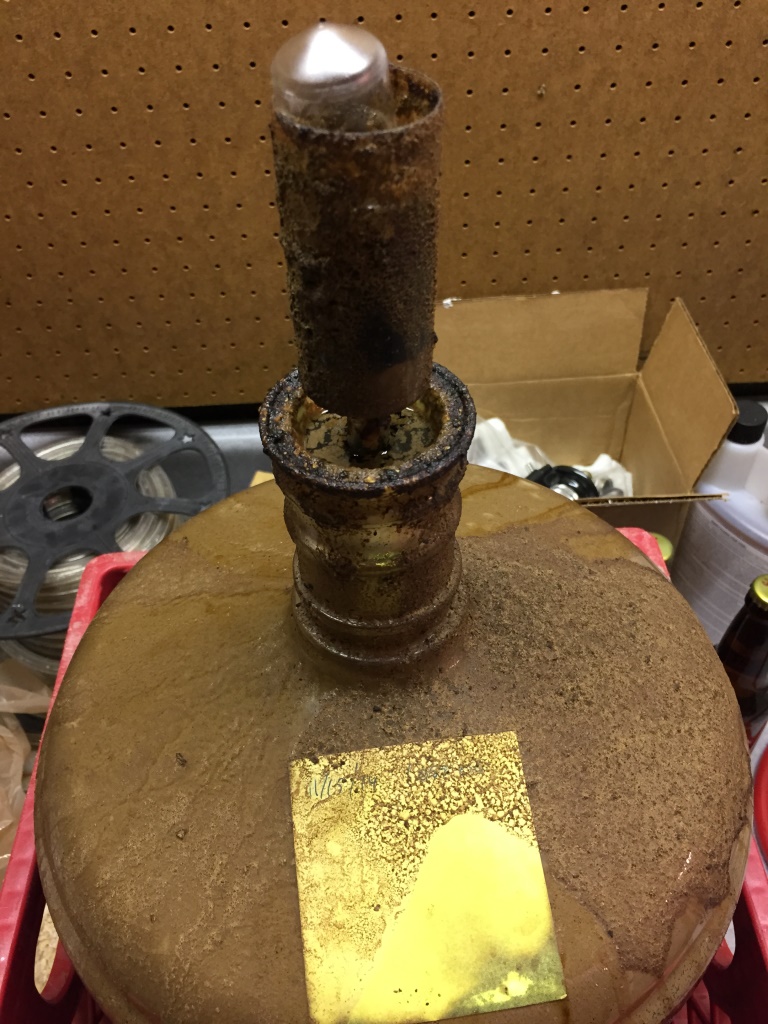TheMerkle
Well-Known Member
I propagated yeast from a Bell's bottle to pitch to my two hearted clone. It made a fearsome krausen and even blew it's top, but now, two weeks later, it hasn't fermented at all. Took it from ~1.060 down to 1.052. That seems weird, yea? More importantly is, is the beer saveable? Can I rack it and pitch to it again?










![Craft A Brew - Safale S-04 Dry Yeast - Fermentis - English Ale Dry Yeast - For English and American Ales and Hard Apple Ciders - Ingredients for Home Brewing - Beer Making Supplies - [1 Pack]](https://m.media-amazon.com/images/I/41fVGNh6JfL._SL500_.jpg)














































 if your scenario was what actually happened, he has not posted any info about his process at all, i would not expect the quick, incomplete fermentation to cause a blowout. i would expect a small krausen would form then fall but no blow out or yeast visible anywhere outside of the fermentor.
if your scenario was what actually happened, he has not posted any info about his process at all, i would not expect the quick, incomplete fermentation to cause a blowout. i would expect a small krausen would form then fall but no blow out or yeast visible anywhere outside of the fermentor.
